“Terminus Interim. Stop the train of interim-abuses." This was the title of the public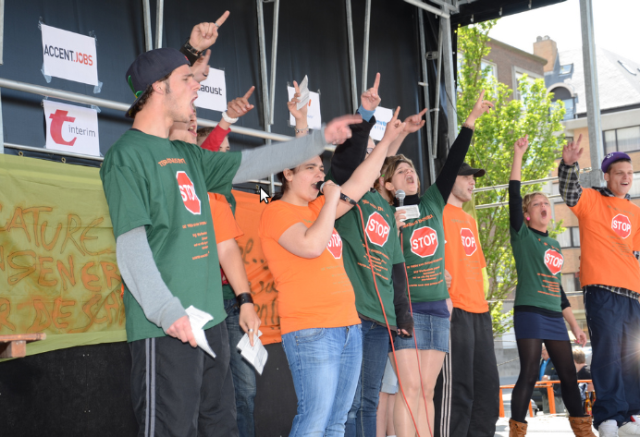 activity organized by KAJ (Flanders YCW) in Ostende with the presence of leaders from different regions. The aim of the event was to denounce the reality and violence suffered by young people who are seeking for jobs in temporary work agencies and see their dreams and expectations vanish into thin air.
activity organized by KAJ (Flanders YCW) in Ostende with the presence of leaders from different regions. The aim of the event was to denounce the reality and violence suffered by young people who are seeking for jobs in temporary work agencies and see their dreams and expectations vanish into thin air.
Most of those young people have just graduated from secondary school or university, they are drop-outs, or have low skills, and they turn to temporary work agencies to help them find a job. In many cases, they face difficulties when they have to deal with the agencies, and KAJ wants to draw the attention of the society, the political authorities, the trade unions and the temporary work agencies themselves. They have reached the local and national press to explain their objectives and present the reality of young workers. KAJ carried out a survey, asking several young people about their reality, and it started to organize actions, including the June 2 event.
The IYCW International Secretariat participated in the action in Ostende. Arlindo de Oliveira (the international treasurer) was there and collected some testimonies from young people explaining their main problems.
Young Workers Under Pressure
Riensje, a KAJ regional coordinator, and other young activists responsible for the activity in Ostende said: “People who leave school have difficulty in finding a job. They feel pressure. First of all from the agencies when they say you don't have the skills to work for them. So you go back home but when you get there sometimes your family doesn’t believe you and say you are not looking for a job, or just like the agencies they question your capacities. It definitively doesn't help us, it doesn't motivate us.”
Riensje added: "It is really difficult to find a job today, and when you do get a job through a temporary work agency, it is hard too, because of the instability, the short-term contract, and the low salary they pay."
Xander and Jurgen are young workers, members of KAJ, and they explained how they are treated by the agencies. “After you register with the agency you need to wait until they have vacancies. Sometimes they call you and when you get there the job is no longer vacant. In other cases, they call you and ask you if you are interested in some work but you need to start the following day, without any time to plan. Unfortunately you need to answer 'yes, I can go'. They feel they are totally dependent on the agency. They have difficulty in planning their lives and organizing themselves. They need to be available all the time even if their contract is just for a few hours.
KAJ had prepared a dynamic presentation of the main problems faced by young people with the agencies. One drama was presented by young KAJ members. After that presentation, a young person from the audience came to the stage, took the microphone and gave his testimony: “I went to an agency seeking for a job. I was ready to work, but after I signed the contract the agency canceled it. They said I could work in another company, but it was in another city, some 60 kilometers away. I said I just had a bicycle, so I couldn't go to another city to work. They didn't give another alternative and until now I remain unemployed.”
A Gloomy Situation Confirmed by International Institutions
The temporary work action took place at the same time as the ILO conference in Geneva where the IYCW is participating. In 2012, one major theme of the conference is precisely youth employment. According to the ILO, "the global youth unemployment rate for 2012 remains stuck at crisis peak levels and is not expected to come down until at least 2016." Also for the ILO the use of temporary contracts for young workers has nearly doubled since the onset of the economic crisis.
The studies of the Organization for Economic Co-operation and Development (OECD) confirm the testimonies and the situation explained by those young workers. They show that the problems they are facing are long-standing. "In 2002 in Belgium, half of young people left school before age 21½. The transition period between school and employment lasts a little over one year, but it takes nearly three years to find a stable job. While the vast majority of young people aged 15-24 do have a job one year after completing their studies, for some 40% of them it is a temporary job and for over 20% it is part-time. Although substantial, these proportions are in line with the norm for young Europeans. In addition, shortly after completing studies, employment outcomes differ by gender. Young women, even the most skilled among them, hold much more frequently an atypical or low-wage job than young men and the gap increases with age".
Other recent investigations bring us information about the situation after the international crisis. In the specific case of Belgium, an interesting article written by Robert Plasman says: ”The economic crisis has had dramatic effects on youth unemployment. This is also reflected in the decrease of the employment rate for the 15-19 age group, but is also noticeable for the 25-29 age group. Unemployment for the 15-24 age group increased by 18 % between June 2009 and June 2008, compared to 11 % for the over 25 age group. The youth unemployment to population ratio increased to 12.4 for the 20-24 age group in 2010, when it was only at 8.6 in 2008. This is quite similar for the 25-29 age group. These aggregated data hide huge differences between the regions of Belgium, and also between the sexes."
Together We Can and We Will Change This
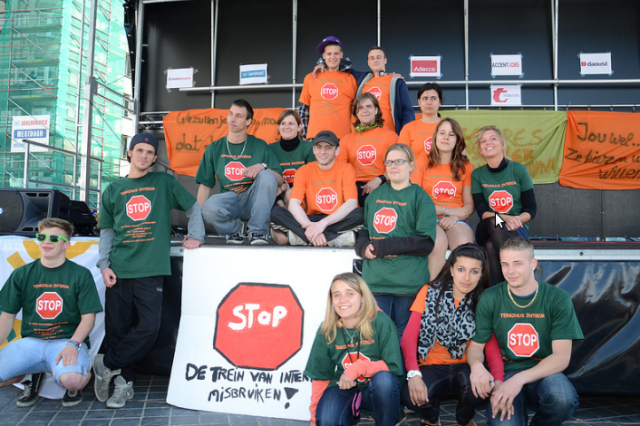 Stefaan Degryse, a national KAJ coordinator, explains: “The activity in Ostende is part of a national campaign. KAJ already organized similar activities in several regions in Belgium such as Aalst and will do the same in Antwerp and Ghent. These are steps towards a national event which will be held in Brussels in November 2012.” When we asked Stefaan why they started this campaign, he answered: "I see young workers struggling to find a job because of the way temporary work agencies treat them. Many youngsters have to deal with severe consequences: their families or friends don't believe that they are looking for work. Some are called 'sluggards'. They can't save money to build a happy future, for example they cannot get a loan for a house. So they have to live with their parents. I believe young workers are strong enough to face these challenges, heads up high. Together we can and we will change this."
Stefaan Degryse, a national KAJ coordinator, explains: “The activity in Ostende is part of a national campaign. KAJ already organized similar activities in several regions in Belgium such as Aalst and will do the same in Antwerp and Ghent. These are steps towards a national event which will be held in Brussels in November 2012.” When we asked Stefaan why they started this campaign, he answered: "I see young workers struggling to find a job because of the way temporary work agencies treat them. Many youngsters have to deal with severe consequences: their families or friends don't believe that they are looking for work. Some are called 'sluggards'. They can't save money to build a happy future, for example they cannot get a loan for a house. So they have to live with their parents. I believe young workers are strong enough to face these challenges, heads up high. Together we can and we will change this."
The IYCW strongly supports the action taken by KAJ. The international movement is continuing its fight for the rights of young workers. We keep on strengthening our actions and international campaign: “Social Protection – for decent work, quality education and gender equality in society”.
Challenges to be overcome
From the campaign, the IYCW has identified challenges to be taken up to improve the conditions of young people and guarantee social protection for them.
-
The temporary work agencies should respect the rights of job-seekers and improve the way they treat them.
-
The private sector has an important role to play, especially in respecting the domestic laws setting out the rights of young workers. It must create opportunities and offer long-term contracts to young people without intermediaries, in consonance with the campaign on Decent Work promoted by IYCW and other international institutions.
-
States have to play a major role in improving the capacities of young people through training, technical courses and other means. They should create job opportunities which can help the development of society and young people. It should be noted that the current austerity policies make it difficult to increase job opportunities in the countries. States also need to defend their people for the sake of common benefit. Therefore they need to regulate the system and the way it deals with young workers and ensure regular inspections.
The IYCW will hold its International Council in Ghana, Africa, in August 2012. KAJ and all the movements affiliated to the IYCW are invited to attend the Council. The young leaders from different countries will be able to share and exchange their experiences to defend and fight for the rights of young workers.

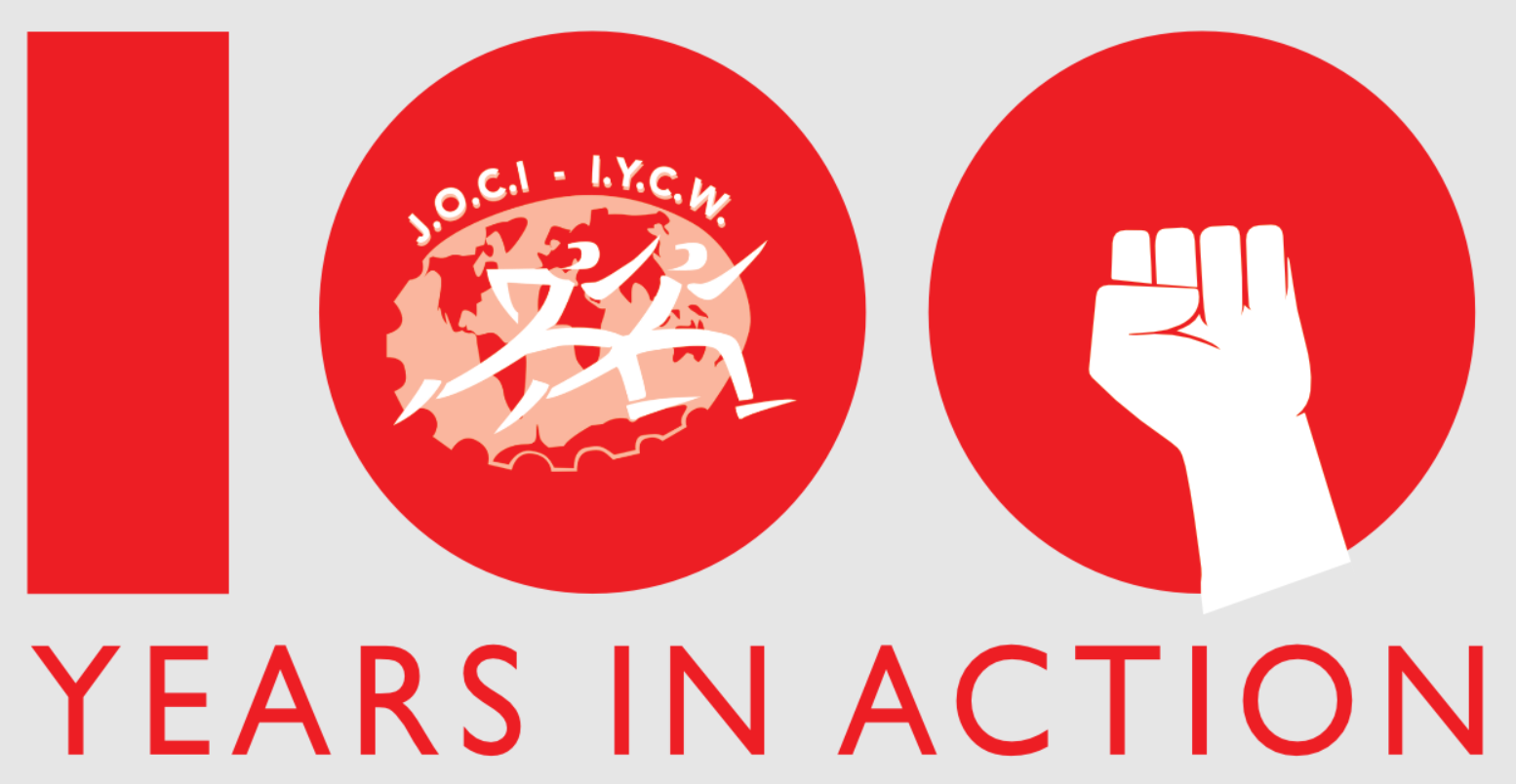
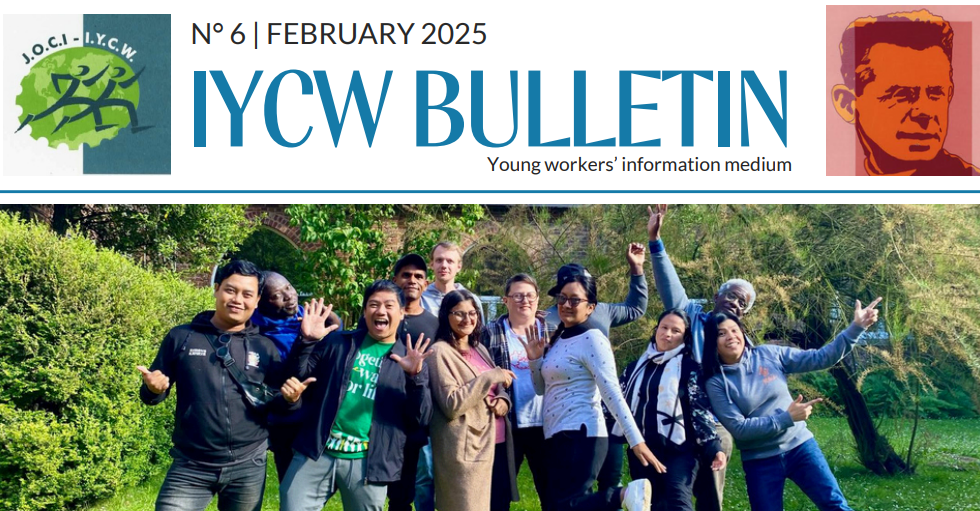

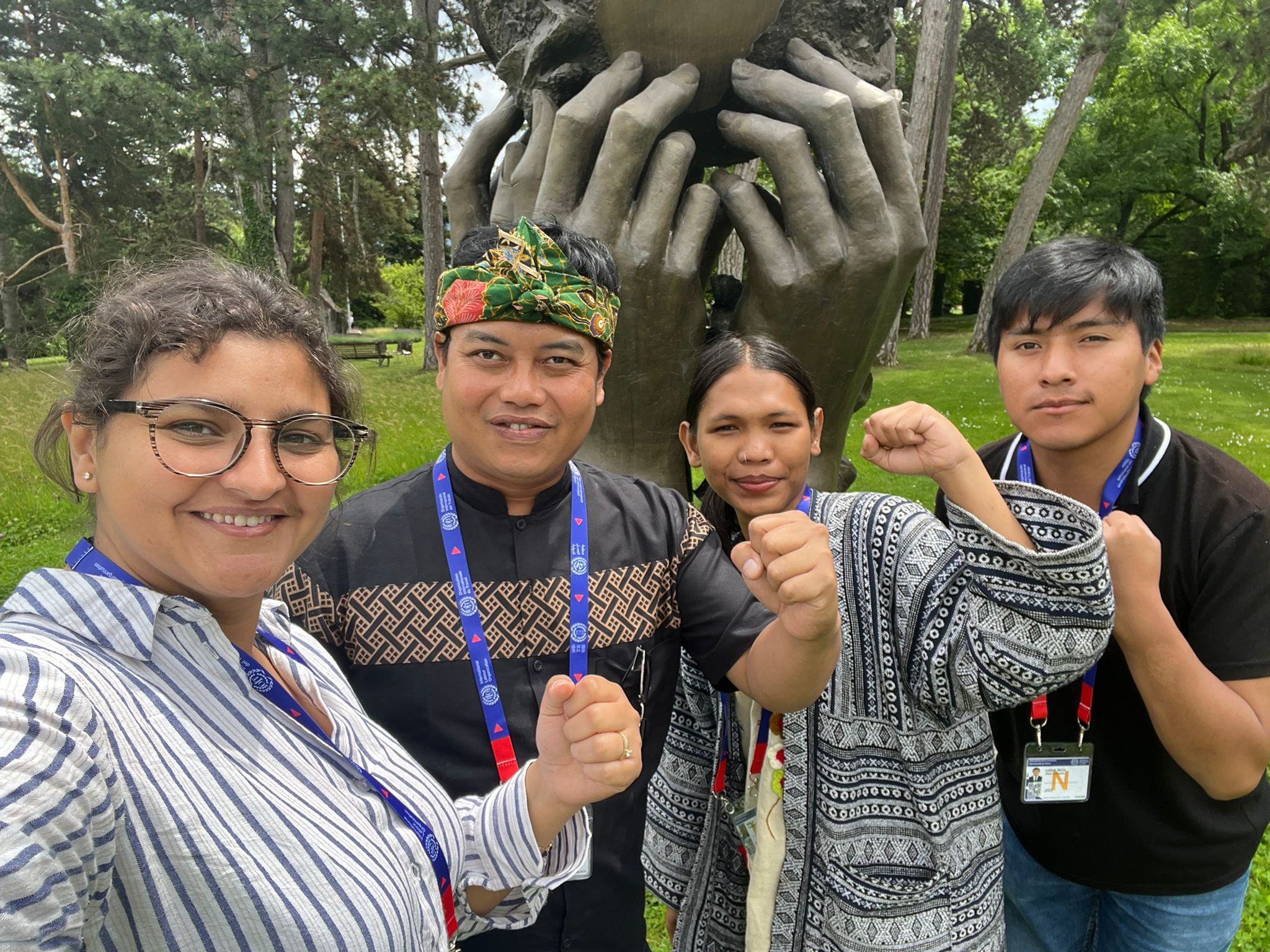
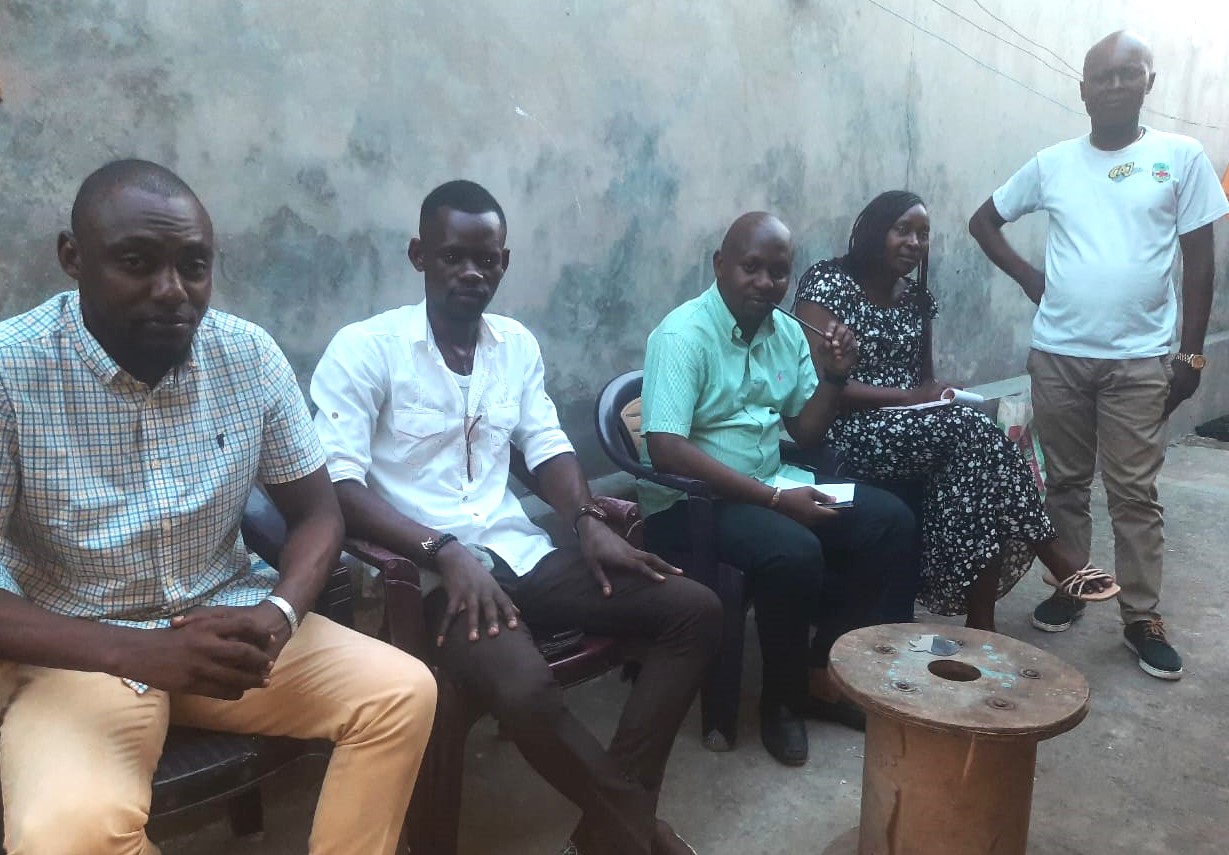

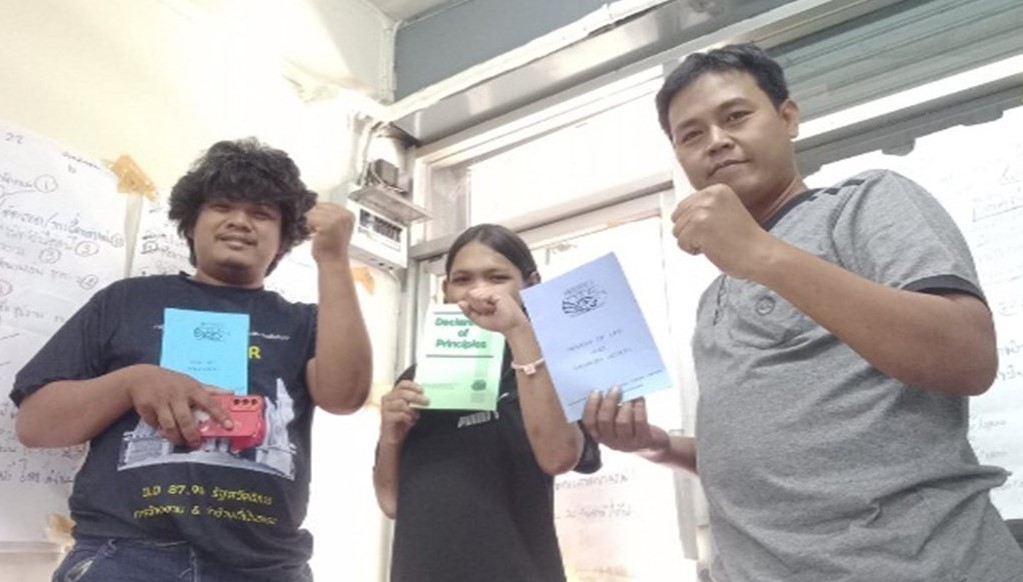
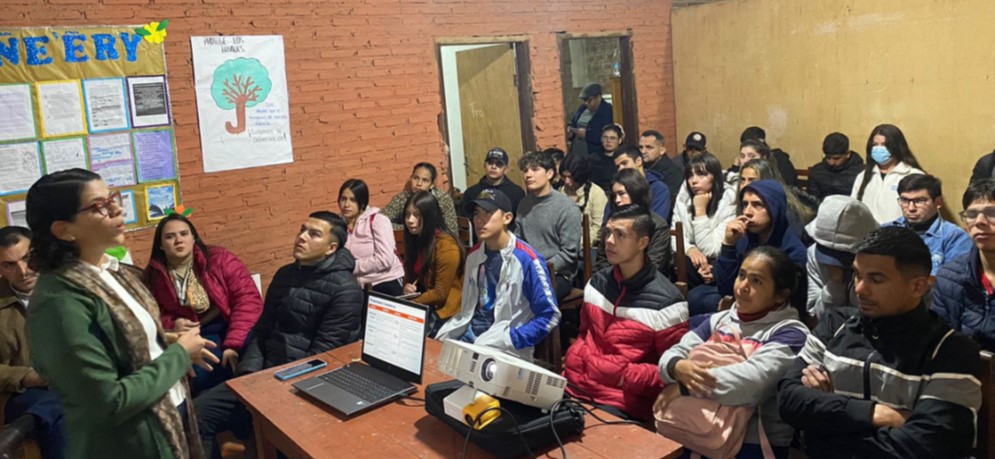


 English
English  Español
Español  Français
Français